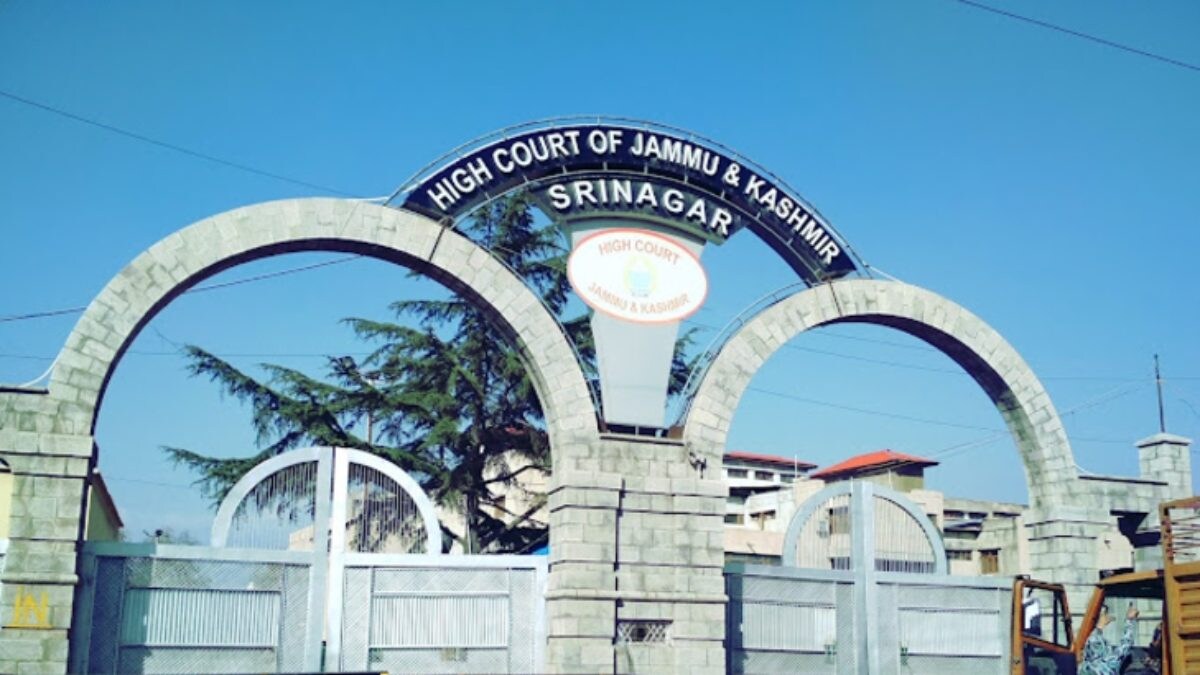In a landmark ruling, the High Court of Jammu and Kashmir and Ladakh asserted that the right to property is fundamentally intertwined with human rights, marking a significant development in legal interpretations related to property disputes. The case arose from a petition filed by Abdul Majeed Lone, who has claimed that his 1.6-acre land in Tangdhar, located near the Line of Control in the Kupwara District, was occupied by the Army in 1978—an occupation that has persisted for nearly five decades without any form of compensation or rent.
Justice Wasim Sadiq Nargal presided over the case and, in a judgment delivered on November 20, directed the Army to pay accrued rent for the disputed land within a month. Lone contended that despite the long-term occupation of his land, he had never received any financial redress or acknowledgment of his ownership. This assertion brought to light a conflict between individual property rights and state authority under the doctrine of “eminent domain,” which allows the state to acquire private property for public purposes, provided fair compensation is given.
In the ruling, the court emphasized that while the state possesses powers to acquire property, such actions must be executed for legitimate public purposes and accompanied by reasonable compensation. The argument presented by the counsel for the Centre, claiming that the Army had not occupied the land, was met with contrary evidence from the local revenue department, which confirmed the Army’s possession for over 46 years.
The High Court’s order for a fresh survey of the land was pivotal in affirming the petitioner’s claims. The court stated that the facts presented were indicative of a significant violation of Lone’s rights, noting that the appropriate legal procedures had not been followed in depriving him of his constitutional property rights.
The ruling’s implication extends beyond this specific case, as Justice Nargal articulated that the state and its agencies could not dispossess citizens of their property without adhering to established legal frameworks. The court inferred an obligation to provide compensation from Article 300A of the Indian Constitution, highlighting the necessity for a human rights-based approach to property ownership and state acquisition.
This judgment not only addresses the immediate concerns of the petitioner but also sets a precedent for upholding property rights within the broader context of human rights in Jammu and Kashmir and Ladakh, signaling a shift toward greater accountability and adherence to legal norms in cases involving property dispossession.













